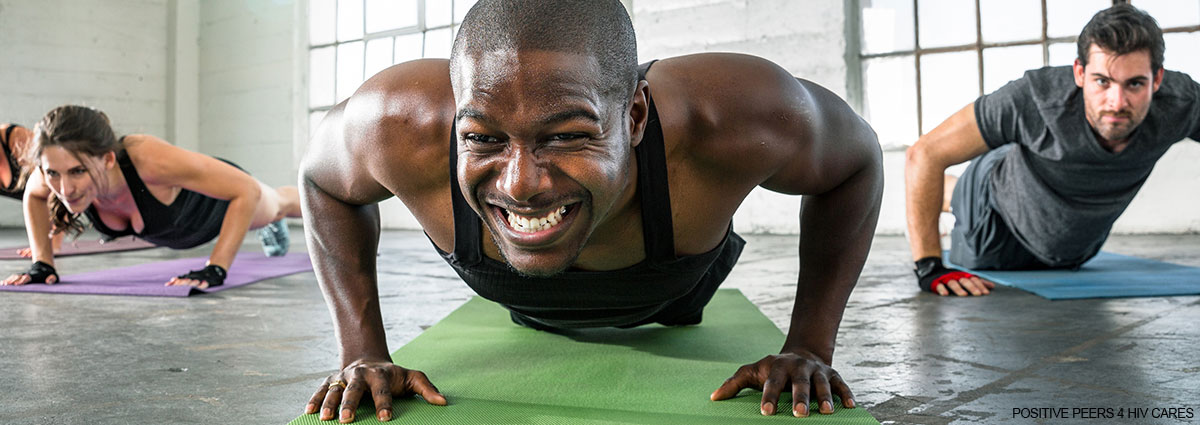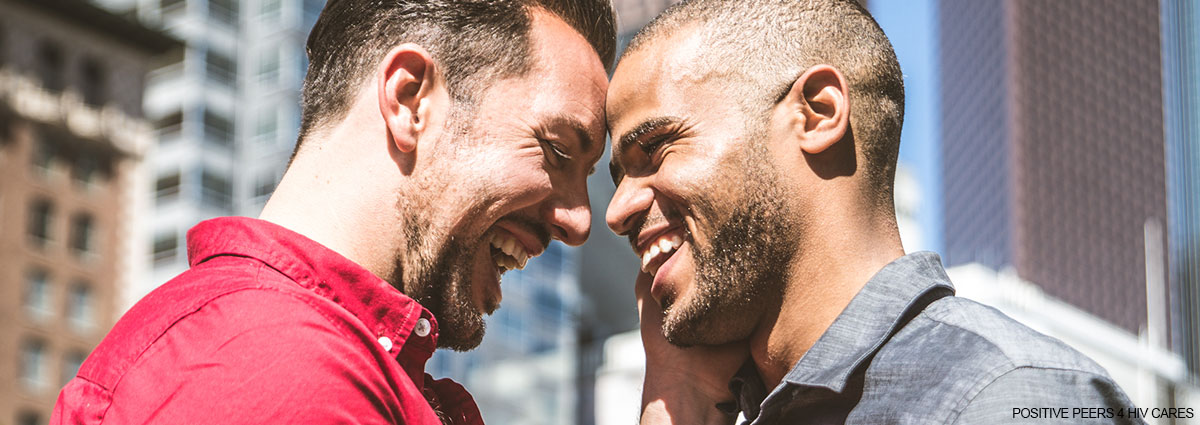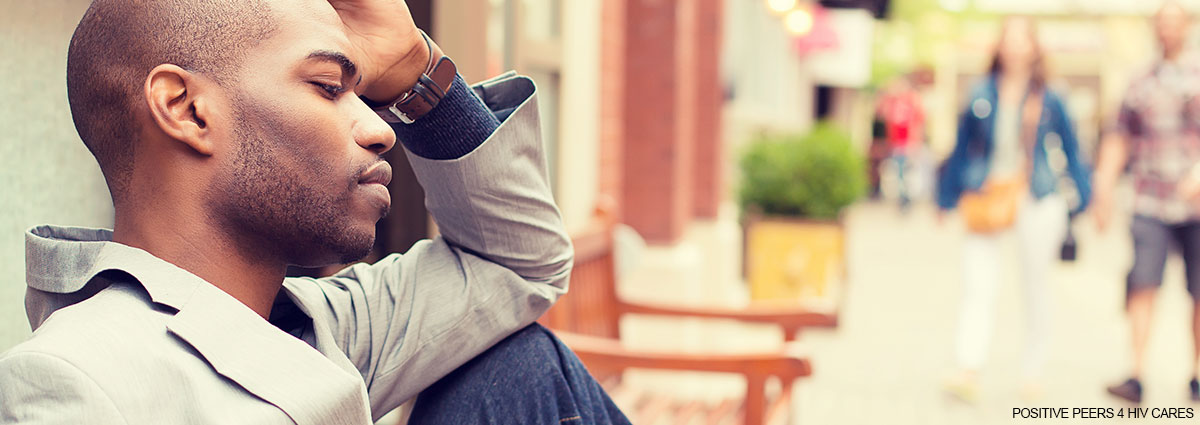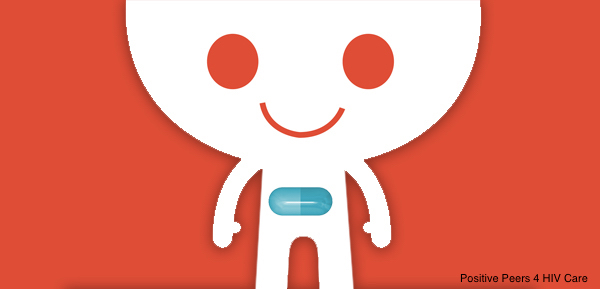
By: Ann K. Avery, MD, Infectious Disease Physician at MetroHealth Medical Center
It’s only natural to get a little freaked out when you find out you’re HIV positive. It’d be weird if you didn’t freak out when you learned something like that.
People tend to calm down after they get used to the idea of being HIV positive. But calming down is not the same as dealing well. To deal well, you have to be healthy in body and soul.
Trouble is, there’s no magic way for getting healthy in both body and soul. What you can do, though, is focus on things you need to do more and things you need to do less.
So, let’s break this down:

Things you should do more when you’re HIV positive
- Learn all you can. The more you know about HIV, the more you understand exactly what you’re dealing with. This has an incredible calming effect. Find out how HIV attacks your CD4 cells and how anti-retroviral medicines fight HIV. Learn about meds and why taking them every day is the best thing you can do for yourself (and your partner!).
- Participate in a support group. A great place to get more knowledge is in an HIV support group. Everybody there is going through what you’re going through, so they can relate in ways your friends and family might not be able to. Besides offering a listening ear, they can help you build self-confidence and overcome fear. That’s an incredible load off your mind!
- Get into treatment — and stay there. If you take your HIV meds every day exactly as instructed, your viral load will be so small that it’s pretty much impossible to pass the disease on to somebody else. That’s one less stressor to deal with.
- Practice smarter sex and get tested regularly. It’s important for everyone to have a healthy sex life, but it’s also important to protect yourself and your partners. Using a condom, reducing the number of people you have sex with, making sure your partners know about PrEP, and taking your meds daily show that you’ve accepted your status, you’re taking responsibility for your happiness, and you’re committed to having a great life.
- Eat healthy and exercise. Cutting out junk food and making your body stronger says you’re in this for the long haul. And you trust your medical team to help you have a long and healthy life.
- Fall in and out of love. Start new relationships. End bad ones and keep looking for good ones. Don’t hide your status if sex is in the picture — just embrace the fact that you have to do things more carefully. A supportive partner can make all the difference in dealing with HIV.
-

Come join our private, stigma-free, supportive community.
Health management tools with medication & appointment reminders.
Social networking in a community conversation & private chats.

Things you should do less when you’re HIV positive
- Smoking, drinking and doing drugs. Nobody’s saying take all the fun out of your life. Just take it easy. Your body and your meds are trying to fight off a vicious virus. Hard partying just makes it harder for your body to cope. And smoking is never good for anyone.
- Worrying. Worry is a sign of thinking you know how the future will turn out. But nobody knows the future — in fact, most predictions turn out wrong. The less you obsess over things you can’t know or control, the better off you’ll be.
- Denying. It’s never healthy to avoid facing the facts. This doesn’t change reality. You don't have to face every ugly truth every minute of the day, but you should try as hard as you can to deal with what’s really happening instead of denying it.
- Practicing unsafe sex. Even if you’re undetectable, you and your partner(s) are still at risk for other sexually transmitted infections (STIs). Unsafe sex isn’t just something to avoid for your partner’s sake, it’s something to avoid for your health too! You don’t want Syphilis, it’s no joke yo. There’s nothing healthy about STIs.
- Ignoring depression. Your feelings may rise and fall, happy sometimes, sad at other times. If you find you’re never happy anymore, you’re probably suffering from depression. It’s nothing to be ashamed of, just talk to your doctor about counseling or other treatments.
- Isolating yourself. You belong with friends, family, co-workers, members of your church and other people who have a natural role in your life. If you’re withdrawing from people, it means you’re silently accepting the false idea that you no longer have a place in society.
HIV cannot ruin your life — only you can do that. It might be hard to deal with HIV at first, but’s it’s kinda like playing sports: You get better at it with more practice, and you succeed more when you stop doing things that cause you to fail.
You are not your HIV. You are beautiful and have much to offer the world. Don’t forget that!
Related Blogs:



